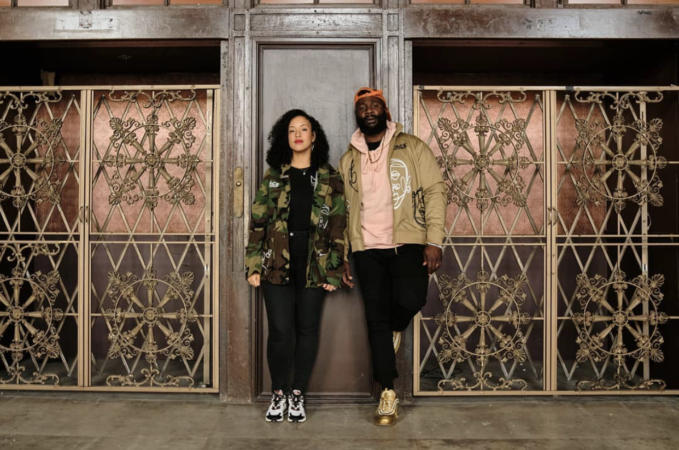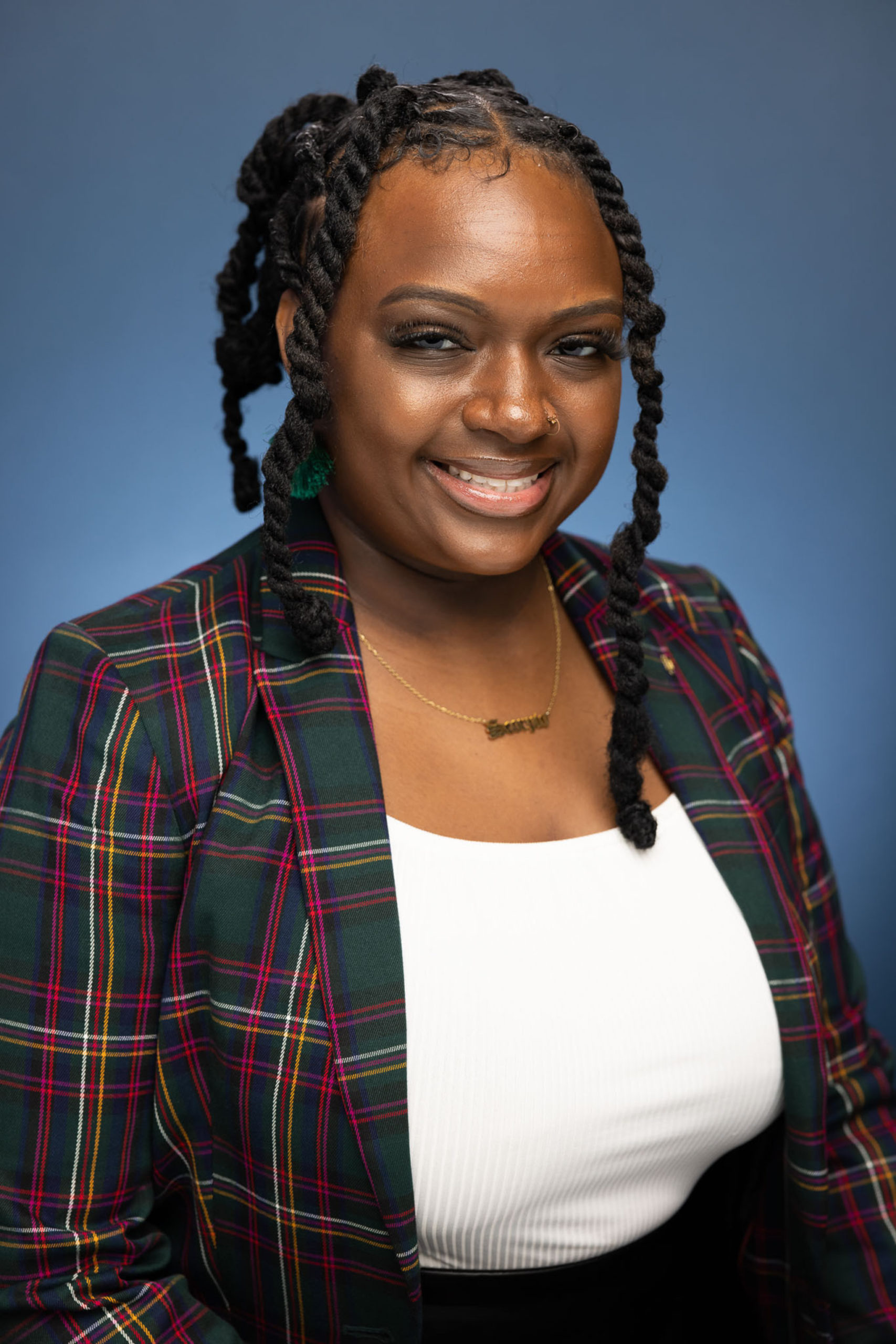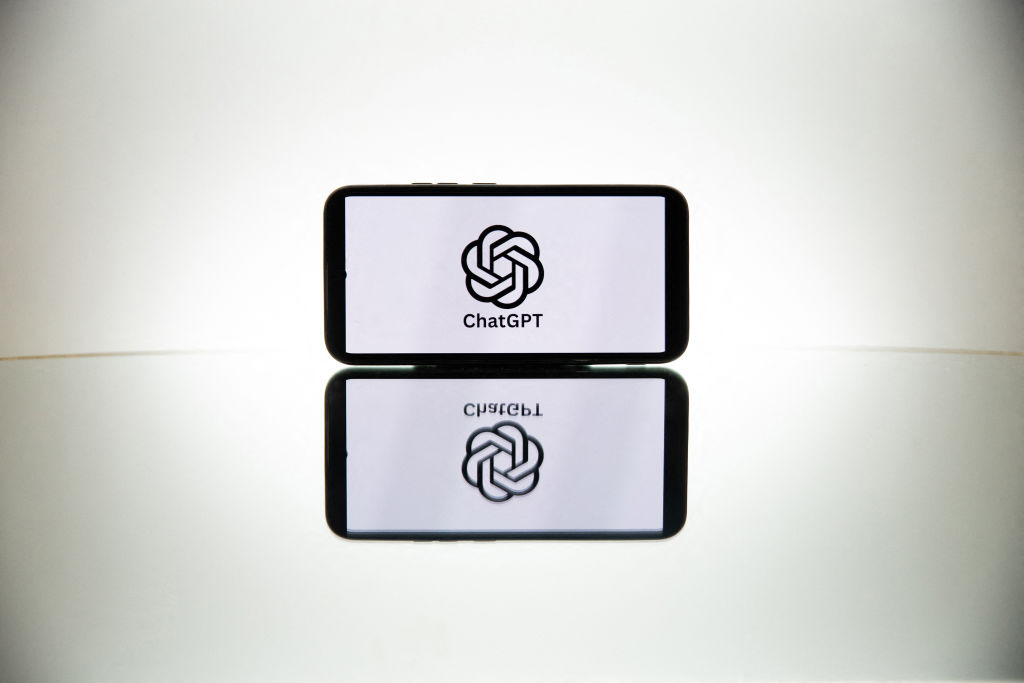If you’re blessed to experience love, you’ll experience grief.
Karega and Felicia Bailey’s unique love story began in high school and continued when they left their hometown of South Sacramento to attend Hampton University, an HBCU located in Hampton, VA.
The evolution of their love story persisted after they became angel parents when they suffered the neonatal loss of their daughter, Kamaiu SOL following a radiant 41-week pregnancy in their seventh year of marriage.
In an effort to begin their journey toward healing, the Baileys discovered that the world’s approach to grief not only needed a facelift but the way in which we even treat the practice of grief should be revisited.
Together they’ve taken Karega’s book, “SOL Affirmations: A Tool Kit for Reflection and Manifesting The Light Within” and created an album. It provides an audio experience that creates room for them to use their experience with grief to make room for others to do the same.
They sat down with AfroTech to talk about how their project is “love in practice” through a collection of affirmations that serve as an invitation to practice love, especially when challenged.
AfroTech: SOL Affirmations started as a book, but now it is an album with the same goal in mind — to de-stigmatize grief. Can you walk us through how this project began and how it has helped you on your healing journey?
Karega: I can’t name it as healing as much as I can say it gave me room to sit with my grief.
Felicia: Yes, so the affirmations actually originated during Karega’s grieving process of his brother whom he lost in 2014 to gun violence and the book was written in 2019 during our pregnancy.
Karega: When we were in our grief groups prior to the pandemic, we realized that not everyone is privileged to be with their grief. So, we wanted to create something to help folks tend to their grief because there was a closeness that Felicia and I have experienced after having been forged into this fire because this was not a choice. No one would walk into this fire.
Something that I learned that is really profound to this experience is the radical gentleness that comes from a neonatal loss that isn’t afforded to other people who experience loss on other spectrums.
Through this work, our experience with the double transition of our daughter Kamaiu and my work in gun violence interruption, I learned that the mother’s womb aches in the same place regardless of how their child departed this earth. It is their attachment to this child — this dying and unyielding love.
Felicia: To me it is evidence that healing is not a final destination point, it is an ongoing process.
AT: Wow, your perspective on grief is truly one that isn’t the societal norm. You even mentioned before that “grief isn’t something that needs to be fixed.” So tell us, why do you think society, specifically the Black community, treats it like it should be?
F: We live in a culture that almost feels like it’s addicted to happiness and that these other feelings that we feel that aren’t reflective of happiness are feelings that we should avoid. What I learned in my grief journey is the importance of feeling every emotion that I felt from grief and allowing it its own time and space and its own process.
View this post on Instagram
K: Because the world doesn’t understand that grief is love, we sometimes treat grief as if it needs to be fixed so that we can get back to being productive. It’s about this productive model versus the ability to sit down with who we really are that teaches us how to just be. Grief doesn’t need to be fixed, it’s society’s lens on grief that needs to be adjusted.
AT: That is so true, and speaking of grief, last year in 2020 we experienced loss on a scale like no other. Coming out of a year like that, how do you think we as a people will change the way that we heal from loss?
F: I don’t know if 2020 gave us the opportunity to put grief into practice, but it did create the conditions for us to understand what our hierarchy of needs are and the significance of them. It is my hope that we continue to move forward with that because grief is love and that is one of our most important needs. It’s our connecting point, it is our belongingness. It’s a basic human need.
K: When you understand connectedness and the human-lived experience, we will all know some form of grief so it’s better to not avoid it, but to create space for it. When we don’t have safe spaces to express our grief, it can feel like despair, we can feel very alone, but it’s meant to really deepen our love.
I’m hoping that through storytelling like this, that we’re able to start creating the space and creating the conditions for folks to be able to go inward. I don’t know what the world will do, but I know how Felicia and I will show up in the world to make space for folks who want to go inward.
—
For more on the Baileys journey toward healing not only themselves, but the world, and to get your copy of SOL Affirmations, visit SOLandLOVE.com


















